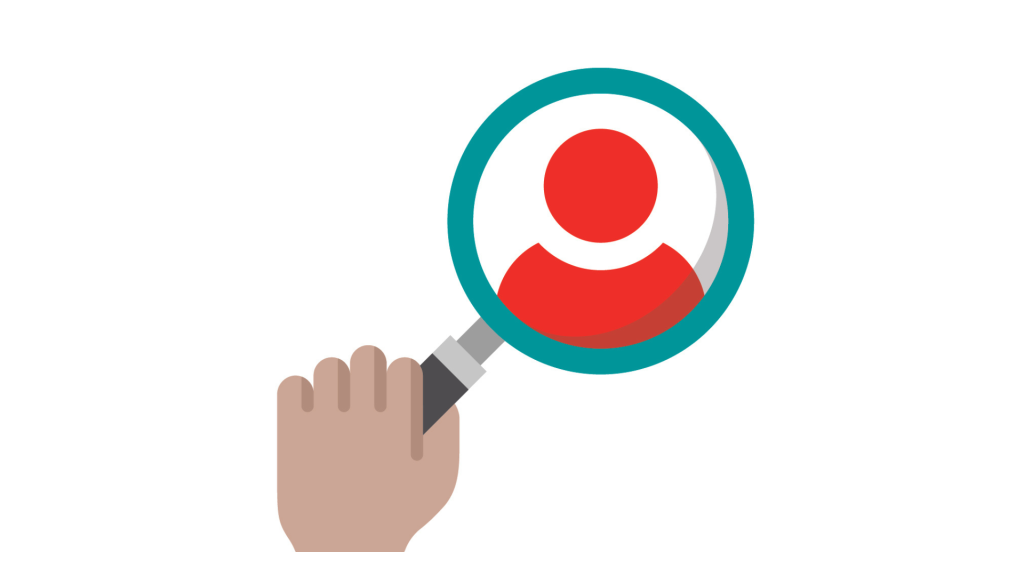Condition-specific information
Find out about specific conditions that can affect your appearance and learn what support is available to help you manage the impacts.
Here’s how to become a detective and discover more about why you look the way you do and how this may affect you in the future.
As you become more aware of your appearance, you might have questions. Why do you look different? How might it affect you in the future?
Finding out about your visible difference can help you prepare for future changes. It can also help you deal with any questions and comments you get from other people.
Finding out about your visible difference can help you understand why you look the way you do. This can help you cope better. For example, when people ask you questions or you want to talk to someone about it, you’ll know what words to use. Here are some examples of some young people finding out about their visible difference:
Alex was born with a cleft lip and cleft palate. He had an operation when he was younger and this left a scar on his top lip. He wears braces on his teeth and has a hearing aid. His doctor gave him a booklet which explains all about his cleft palate and lip. This has helped him understand more about what happened to him, why he needs braces and why he can’t hear so well.
Mari has vitiligo. She has white patches where there is no colour in her skin. It doesn’t hurt and it’s not contagious, but new patches can appear. Before Mari knew more about what it was, she’d get embarrassed if people asked about it. She used to say she’d spilt toothpaste on herself. Now she’s talked to people, she understands about vitiligo she feels more confident answering questions.

Finding out about your visible difference means you’ll need to become a detective.
The case may not be easy. You’ll need to do some research, ask lots of questions and look up some new words. But you’re very clever and you’ll solve it in the end.
You’ll need a special notebook to build a casefile. In it, you’ll need to fill in the information you learn bit by bit.
Start by writing out the key details in the front of your notebook:
Think about who you might ask questions of – these people will be your witnesses. Here is a list of people you may like to choose to interview (in a friendly way, of course).
Write the heading My witnesses are and list your witnesses underneath.
Ask your mum, dad or carer to help you make any appointments you need – for example, to meet your GP or consultant.
Now think about your condition, mark or scar. In your notepad, write “What is my visible difference called?” and write the word or words usually used to describe it here. If you want, you could draw a picture instead.
Now write “How did I get my visible difference?”
Choose from this list and write it down:
You can add any other notes or pictures underneath.
Write down “How does my visible difference affect me?”
Think about the area of your body that is affected by your visible difference. Is it a different shape, size or colour? Does it feel different? Is it harder to do things with that part of your body?
In your notepad, describe your visible difference. You can use words – but try to stick to the facts – for example, “It is red,” “It is bumpy” or, “It is smaller than the other one.” You might like to draw a body shape and write notes to describe your visible difference or colour it in. Or you could cut out pictures from magazines or print them off from the internet.
Write down “How might my visible difference affect me in the future?”
It might seem a bit of a scary question, but it could help you to know what is going to happen as you grow up. Being prepared often make difficult things easier.
Your parents or carers might know some of the answers to these questions, so ask them first. After that, you may need to speak to a doctor or a specialist too. Ask your parents or carers to help you make an appointment.
Think about these questions:
You might want to add some questions of your own. For example, if you expect it to affect you more, “How might my visible difference affect me more as I get older?”
You may find it helps to think about questions with your family or friends.
Write all your questions in your notepad. Write down what you know. As you learn more by speaking to your witnesses, add to your findings.
Finding out about your visible difference can help you feel more confident, but there can be a lot to think about. Finding out about your visible difference is not always easy – and it all takes time and energy.
Remember, it’s good to talk things through. Talk to a parent or carer, or to Changing Faces, to help you work through the things you are learning. It’s particularly important if you feel worried or confused by any of the information you discover.
Find out about specific conditions that can affect your appearance and learn what support is available to help you manage the impacts.
Find out about different treatments available for your visible difference and read up on how to make the decision that’s right for you.
Movies and the media show “beautiful” people that are far from the “normal” reality. Here’s how to feel better about your body.